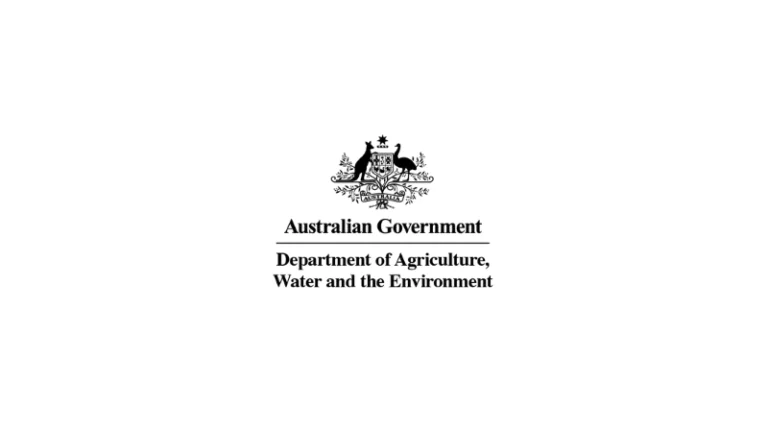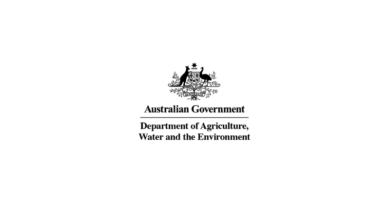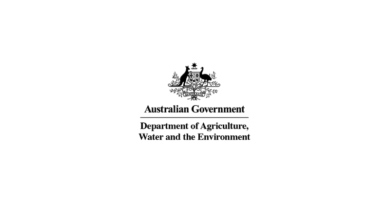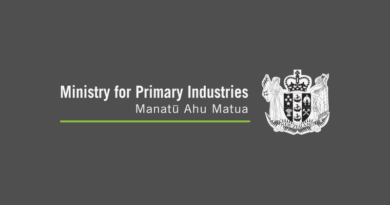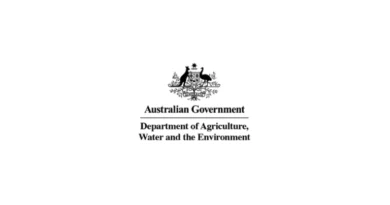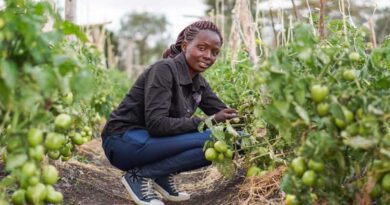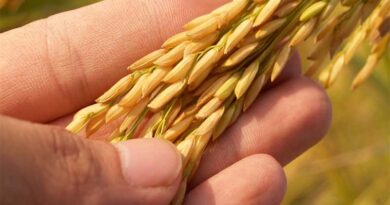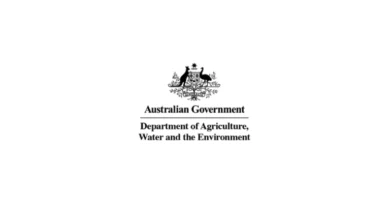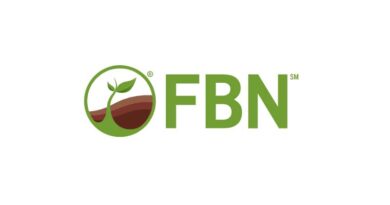Have your say about the biosecurity protection levy
22 August 2023, AU: The Department of Agriculture, Fisheries and Forestry (DAFF) has opened consultation to help shape the way the new biosecurity protection levy will be applied.
The 2023-24 Federal Budget delivered sustainable funding to Australia’s critical biosecurity system. This included $1.03 billion over the next 4 years, and an ongoing $267 million per year after that, introducing a long-term funding commitment that removes the challenge created by a history of short-term terminating programs.
On 1 July, the government also uplifted cost recovery fees and charges to address rising system costs and ensure that risk creators are paying their fair share.
As part of the next stages of the sustainable funding reforms, the government announced a new biosecurity protection levy as a mechanism for producers, as major beneficiaries of biosecurity controls, to contribute to this long-term commitment.
The proposed levy would start from 1 July 2024 and is intended to collect around $50 million per year.
Deputy Secretary of Biosecurity and Compliance Dr Chris Locke said the funding mechanism was to be designed in keeping with the shared responsibility approach of this year’s Budget – ensuring both those who create risk and those who receive significant benefits make reasonable contributions.
“The amount producers are being asked to contribute is equivalent to 6% of Commonwealth biosecurity funding in 2024–25,” Dr Locke said.
“By comparison, importers will contribute around 48% and the taxpayer will contribute around 44%.
“We want to make sure that biosecurity protection levy arrangements are practical, and that implementation and administration costs are as low as possible for all parties.
“I encourage those with an interest in the biosecurity protection levy to get involved in the consultation.”
Visit the biosecurity protection levy consultation website for more information and to have your say by 6 October 2023.
Other cost recovery arrangements
“We’re asking those who benefit the most from strong biosecurity protection to make additional contributions,” Dr Locke said.
“And by sharing cost recovery arrangements across several areas, we’re minimising its impact.
“From 1 July this year, the government increased cost recovery for delivering biosecurity activities for risk creators and importers, representing an average price increase of 28% across biosecurity fees and charges.
“Those services are now fully cost recovered for the first time since 2015.
“The government has also committed to introduce a new cost recovery arrangement to be applied to low-value goods imported into Australia by sea or air, because up until now, taxpayers have been paying for biosecurity clearance activity on imported goods below $1,000.
“It will also be increasing the international passenger movement charge from $60 to $70 to help fund the cost of screening passengers for biosecurity risk at the airports.”
More information is available at Sustainable funding to strengthen biosecurity.
Fast facts
- In the 2023–24 Budget, the government committed $1.03 billion over the next 4 years, and $267 million per year after that, for sustainable biosecurity funding.
- Australia’s world-class biosecurity system supports our agriculture, fisheries and forestry sectors, forecast to be worth $84.9 billion in 2023–24.
- Over 70% of all our produce is exported. Australia’s favourable biosecurity status is a key component of securing export markets for Australian agriculture, fisheries and forestry products.
- Domestic producers also benefit from the considerable biosecurity prevention efforts at the border. We continue to be one of the few countries in the world free from many of the world’s most invasive pests and diseases.
Also Read: SWAL launches new product Sperto for Soybean and Cotton in India
(For Latest Agriculture News & Updates, follow Krishak Jagat on Google News)

